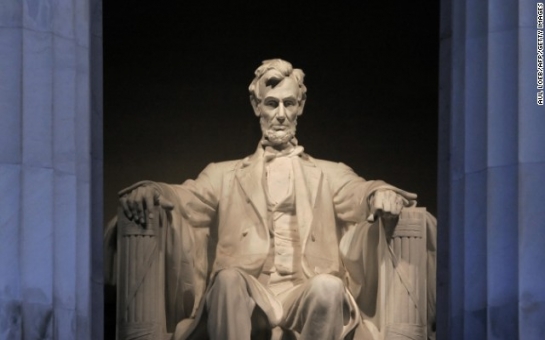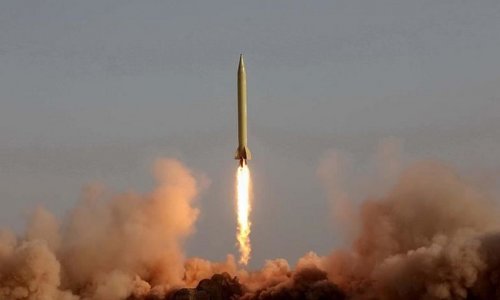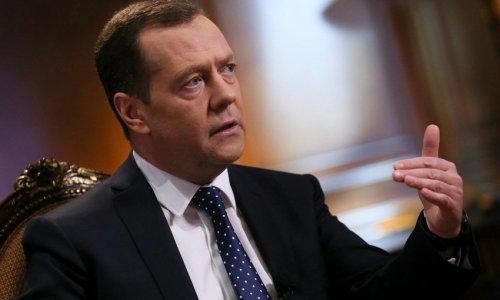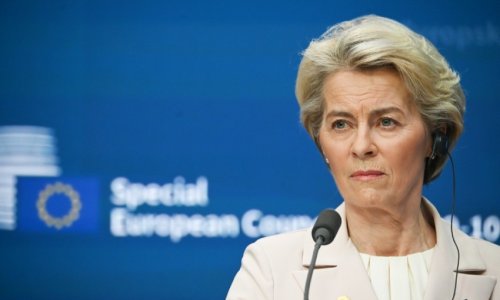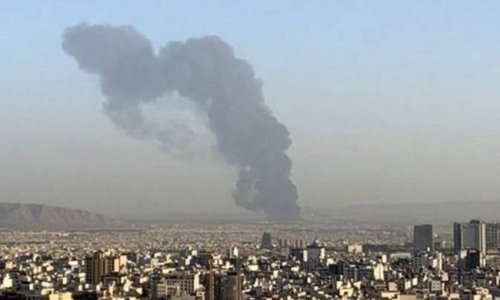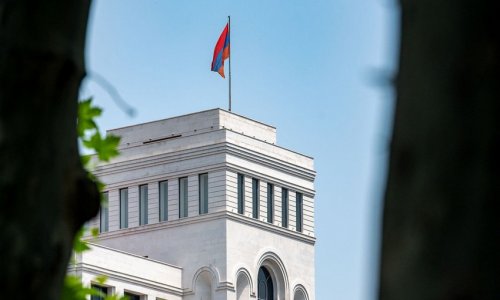In one week, our nation will celebrate the 150th anniversary of the Gettysburg Address. President Abraham Lincoln spoke for only two minutes. He started off by reminding his audience that it had been only 87 years since the country's founding, and then went on to embolden the Union cause with some of the most stirring words ever spoken.
He hoped that despite the terrible battle that had taken place at Gettysburg, his country might still have, as he put it, "a new birth of freedom."
Within his famous address, he stated, "The world will little note, nor long remember what we say here, but it can never forget what they did here." Yet a century and a half later, we still honor those sacred words he spoke on the battlefield in Pennsylvania as some of the most important words ever spoken.
It is my hope that Americans across our great nation will take this occasion to look deeper into the history and legacy of the Gettysburg Address and the great sacrifices for freedom Lincoln honored in the midst of the Civil War.
A great way to start is by simply picking up the brief speech and reading it aloud. Read it to your children, your parents and your friends. As you read this timeless piece of oratory, engage in a discussion with those around you on what these words mean to us today.
Let us ask ourselves how it is these words have endured the test of time, especially in current times. We suffer today from what the late historian Arthur Schlesinger Jr. said was "too much pluribus and not enough unum." Few things survive in these cynical days to remind us of the union from which so many of our personal, as well as collective, blessings flow.
Indeed, we have to look no further than the story of a tiny school in Putney, Vermont, the Greenwood School, to understand why this speech above so many others survives. Each year at the school students are challenged to memorize and then publicly recite the Gettysburg Address. These students, boys 11 to 17, all face a range of complex learning differences that make their personal, academic and social progress challenging.
I was inspired by these students and that President Lincoln's historic words motivated them, so much that I am launching today an initiative to encourage as many people across the nation, especially students, to read aloud and learn about the Gettysburg Address.
All five living U.S. presidents, as well as newsmakers and notable Americans from across the country, have already submitted videos of themselves reciting the address to learntheaddress.org. In the tradition of our great democracy, anyone who wishes to participate can join us in doing the same.
As we consider Lincoln's words, we come to a greater appreciation of the significance of that day, just four and a half months after the Battle of Gettysburg, when the president of the United States of America journeyed to the now-quiet battlefield to dedicate a cemetery to those who fell in the greatest battle ever fought on American soil, in a war that had torn our fragile Republic in two.
It is my hope, and that of so many people who have helped with the "Learn the Address" initiative, that we embrace the 150th anniversary and take this opportunity to more fully understand our democracy and our freedom.
That we all discover the Gettysburg Address beyond "four score and seven years ago." In doing so, we hope to appreciate more fully "that this nation, under God, shall have a new birth of freedom -- and that the government of the people, by the people, for the people, shall not perish from the earth."
(CNN)
ANN.Az

